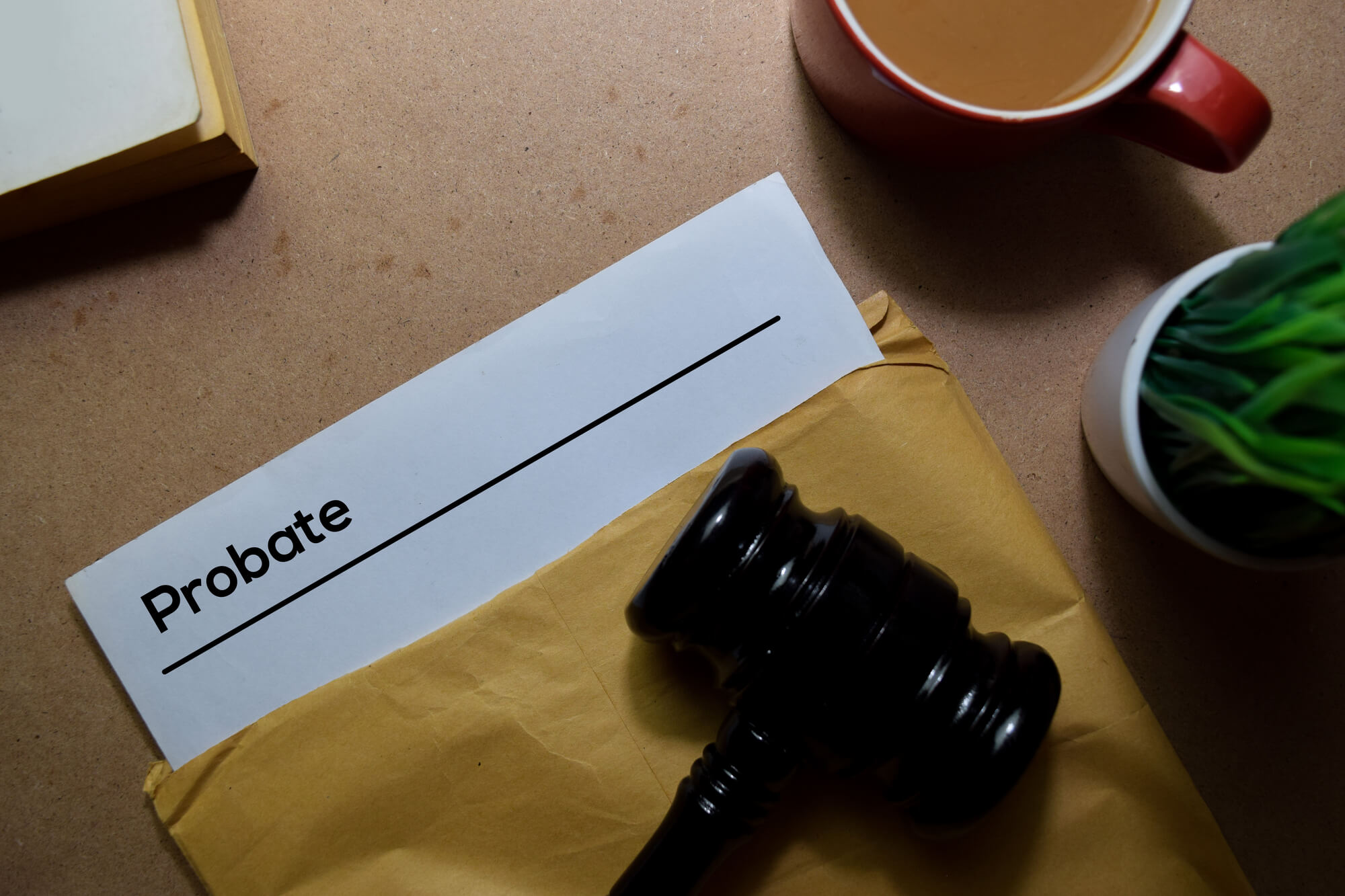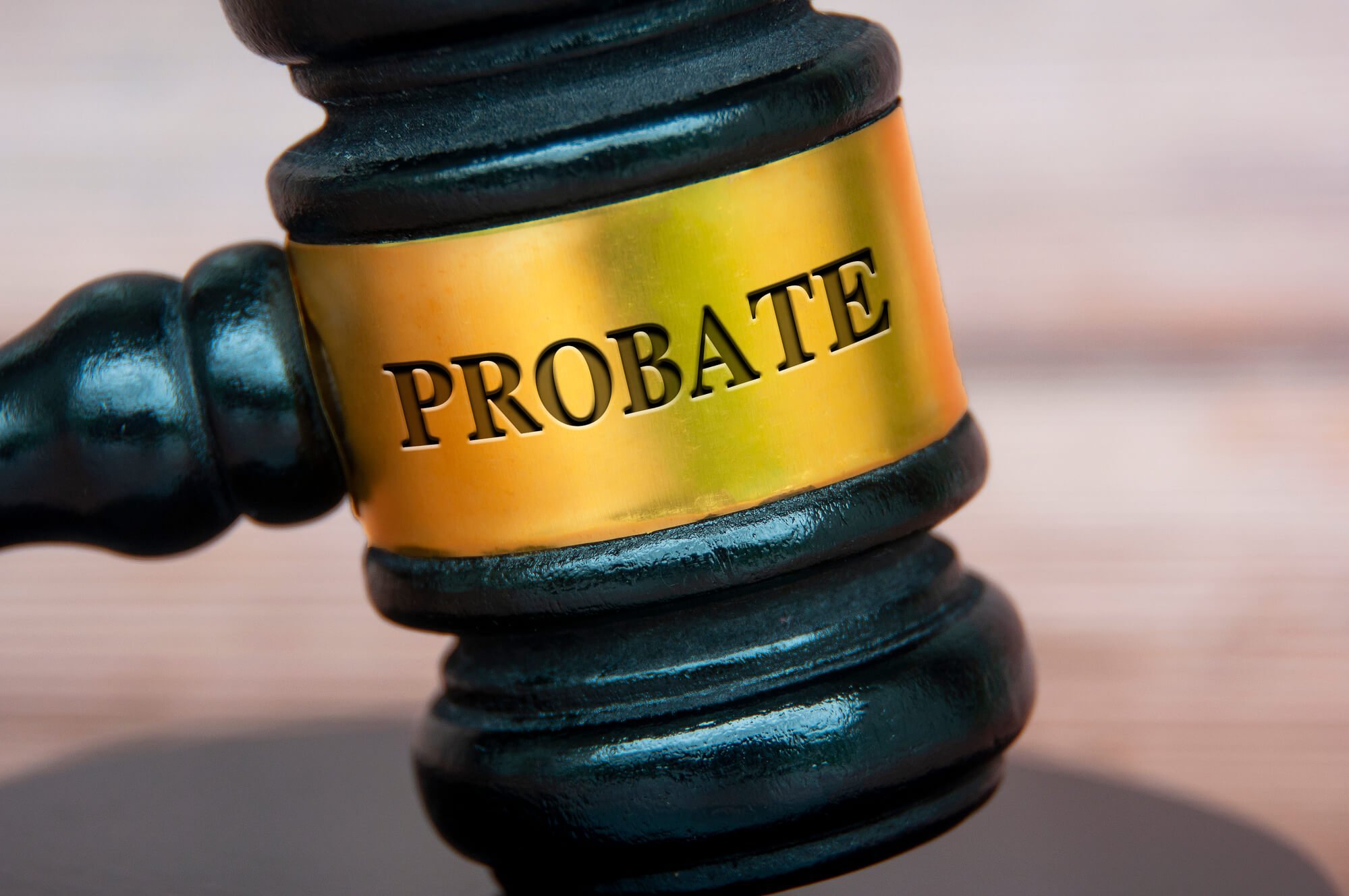Probate gives you the legal right to deal with or administer the estate of the deceased. When applying for probate without a will, you will be required to apply for letters of administration. A grant of probate is what is issued if there’s a will. With the letters of administration, the next of kin or administrator will have the legal right to deal with the deceased’s estate. Here’s a detailed breakdown of the entire process.

What happens if the deceased hasn’t left a will
If there’s no will, the rules of intestacy come to play. The courts have to determine the administrator of the deceased’s estate. Most times this doesn’t please the beneficiaries since everything will be dealt with according to the law not as they or the deceased would have wanted. The rules of intestacy will dictate how the estate will be divided and who the beneficiaries will be. With the right probate guide, you’ll know how to navigate the process.
What are the rules of intestacy
When the deceased did not leave behind a will, they become intestate. This means that in the process of acquiring probate without a will, the rules of intestacy will be used to determine how the estate will be distributed among the beneficiaries. Here’s a view on how the intestacy rules work:
If the deceased had a spouse, the spouse will inherit all of the personal possessions and the first £250,000 of the estate.

If the estate was valued at more than £250,000, then the remaining portion will be split equally between the deceased’s spouse and children.
The intestacy rules are there to ensure that the deceased’s estate goes to the rightful person. The law decides who the next of kin will be and what part of the estate they’re entitled to.
It works reasonably for traditional family settings but it isn’t favourable for the modern family setting. This means that where the rules of intestacy are considered, the family tree will be keenly considered hence parties like step-children, cohabitees, close friends, and unmarried partners are among the people that won’t be considered when it comes to inheriting the deceased’s property.
Thus, having a will present in such a situation will make everything much better and easier.
What is a grant of letters of administration
A grant of letters of administration is a legal court document that proves you have the right to administer the estate of the deceased. It’s also known as the grant of representation. This document is no different from a grant of probate. Usually, the next of kin is the one who applies for this document. With the document, the administrator can easily do the following:
- Sell property
- Close bank accounts
- Pay debts
- Claiming life insurance
- Distribute remaining assets according to intestacy rules
What’s the difference between grant of letters of administration and grant of probate

The presence of a will is what creates a major difference between the two documents. A grant of probate is issued to the executor named in the will while a grant of letters of administration is issued to the next of kin, otherwise known as the administrator.
Either way, the two documents serve the same purpose: They both show that you have the legal right to deal with and administer the estate of the deceased.
- Find out what’s probate and it meaning.
Probate without a will: who should make the application
The next of kin who stands to inherit the most is the one who should apply for probate. But considering it’s probate without a will, you’ll need to apply for a document called a grant of letters of administration.
If you were wondering when to apply for probate, you should do it as soon as you establish the need for it and you’re sure you are the right person to apply. If there’s more than one person equally entitled to administer the deceased’s estate, a maximum of four people can apply for a grant of letters of administration.
Although they will all have equal rights when it comes to the estate administration, only one of them can be given the responsibility.
Call now on 0207 706 7554 to get a full probate valuation service from a RICS qualified valuer.
How long does probate without a will take
You are probably wondering: how long does probate take? Getting the grant of letters of administration can take around four to eight weeks from the time you submit your documents for application at the probate registry. It might take longer if you have any other information you need to add along the way.
The estate administration might take anywhere between 3 -12 months. Of course, this will depend on several factors such as:
- The size of the estate
- The number of accounts held by the deceased
- Any overseas property
- Any complications that may arise along the way
When do you need a grant of letters of administration
Most of the time, it is needed if the person dies intestate. This means the deceased didn’t leave any legally binding wishes on how their estate should be dealt with. The assets the deceased owned and who is supposed to inherit are among the factors that will determine whether a grant of letters of administration will be necessary.
When is probate required? It is required if you need to prove that you are legally responsible for dealing with the estate of the deceased. You’ll find that financial institutions and insurance companies are the ones that need letters of administration to release any money.
If the amount is small, some financial organisations can release it without asking for probate or letters of adminstration. However, this is dependent on the probate threshold they set.
If the deceased person has left a large sum of money, then a grant of letters of administration will be necessary. It will also be necessary if the deceased owned property under his name that would need to be sold or transferred to the beneficiary.
If the grant of representation is necessary, no property will be sold without it and closing bank accounts will also be impossible without it. You need to establish whether it will be needed before you can apply at the probate registry.
It’s less complicated if the deceased had joint assets as the estate will automatically be transferred to the surviving spouse or partner. If you find the process complicated, you can always hire a probate specialist to help you out.
What do you need when applying for probate without a will

The process of acquiring probate without a will is pretty much the same as when there’s a will. Once you have established you’re the right person to apply for probate, there are several things you need to do to ensure the correct valuation of the estate.
First off, you should have a list of the financial assets of the deceased. This includes life insurance policies, pensions, bank accounts, investments, savings, stocks, and shares among others. You need to contact each of these organisations to find out how much there is and to commence the process of closing the said accounts.
An accurate valuation of the property within the estate is the other thing you’ll need. For an accurate value, it’s advisable to have a professional valuer do that for you.
An accurate estimate of the estate’s total value will help the probate specialist determine how much and whether there’s any inheritance tax that needs to be paid.
You should also ensure that you confirm your relations to the deceased by verifying the family tree through documents like birth certificates, marriage certificates, and death certificates among others. Getting help from a probate officer will help you go about everything smoothly and know which documents to submit.
Acquiring probate without a will can prove to be quite hectic but with the right help, you can easily get through the entire process seamlessly. With this simple guide, you already know what’s required of you and how to go about the entire process: from the documents need, the estate valuation, to the duration it will take.












